
ARE COCKROACH / COCKROJ BITES ARE REAL? SIGNS, RISK & PREVENTION
Cockroaches/ cockroj are unwelcome houseguests known for their resilience and rapid reproduction—but when it comes to biting humans, myth and fact often blur. In this post, we’ll separate truth from fiction, explain how to recognize a genuine cockroach/ cockroj bite, outline the potential health risks, and share proven prevention strategies to keep these pests at bay.
1. Understanding Cockroach/ cockroj
Behavior
Cockroaches/ cockroj are nocturnal scavengers. They
emerge at night to feed on anything from crumbs and grease to decaying matter.
While they prefer easy meals, extreme conditions—such as severe starvation or
overcrowding—may push them to nibble on softer human skin, particularly around fingernails,
eyelashes, or areas with dead skin.
2. Can Cockroaches/ cockroj Actually
Bite?
- Rare but possible: Most reported “roach bites” turn out to be something
else—bedbug or flea bites, allergic reactions, or skin irritations. True
cockroach/ cockroj bites are uncommon and occur under unusual circumstances.
- Typical targets: Cockroaches/ cockroj are more likely to feed on shed skin
cells than on living tissue. In documented cases, they have bitten sleeping
individuals, especially if immobile for long periods.
- Species variation: Larger species (American, Oriental cockroaches/ cockroj)
have stronger mandibles and can do more damage than smaller German cockroaches/
cockroj.
3. Recognizing Cockroach/ cockroj
Bite Marks
Cockroach/ cockroj bites leave telltale signs:
1. Small, clustered welts – pinprick
dots often grouped near fingernails or wrists.
2. Redness and swelling – mild
inflammation around the bite site.
3. Itching or mild pain – unlike
bedbug bites, cockroach/ cockroj bites seldom cause severe itching or raised
“bullseye” patterns.
4. Health Risks Associated with
Cockroach/ cockroj Bites
- Secondary infection: Cockroaches/ cockroj carry bacteria (Salmonella, E.
coli) on their legs and bodies. A bite can introduce pathogens if not cleaned
promptly.
- Allergic reactions: Even without biting, cockroach/ cockroj debris
(droppings, shed skins) can trigger asthma or eczema in sensitive
individuals—bites may exacerbate these conditions.
- Psychological distress: The idea of being bitten by roaches can cause
anxiety, insomnia, or skin-picking behaviors, worsening the skin’s condition.
5. Preventing Cockroach/ cockroj
Bites
To minimize any chance of bites—and an infestation overall—follow these steps:
1. Maintain rigorous sanitation
- Clean up food spills and crumbs
immediately.
- Store all pantry items in airtight
containers.
2. Eliminate moisture sources
- Fix leaky pipes and faucets.
- Use dehumidifiers in basements and
bathrooms.
3. Seal entry points
- Caulk gaps around pipes, vents, and
baseboards.
- Install door sweeps and repair torn
window screens.
4. Use targeted controls
- Place boric acid or diatomaceous
earth in cracks and under appliances.
- Set glue traps along walls to
monitor activity.
5. Schedule professional inspections
- If you spot live roaches after DIY
measures, call a licensed exterminator for bait stations or residual sprays.
6.
When to Seek Medical Attention
- Signs of infection: Increasing redness, warmth, pus, or red streaks radiating
from the bite site.
- Systemic symptoms: Fever, chills, headache, or swollen lymph nodes.
- Severe allergic reaction: Hives, difficulty breathing, or facial
swelling—call emergency services immediately.
Conclusion
While cockroach/ cockroj bites are possible, they’re rare. More often, you’re at risk from allergens and bacteria these pests carry. By maintaining cleanliness, sealing up your home, and using effective controls, you can dramatically reduce both roach encounters and any chance of being bitten. Stay vigilant—your health and comfort depend on it.atically reduce both roach encounters and any chance of being bitten. Stay vigilant—your health and comfort depend on it.

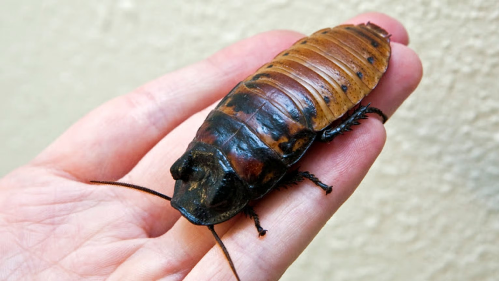
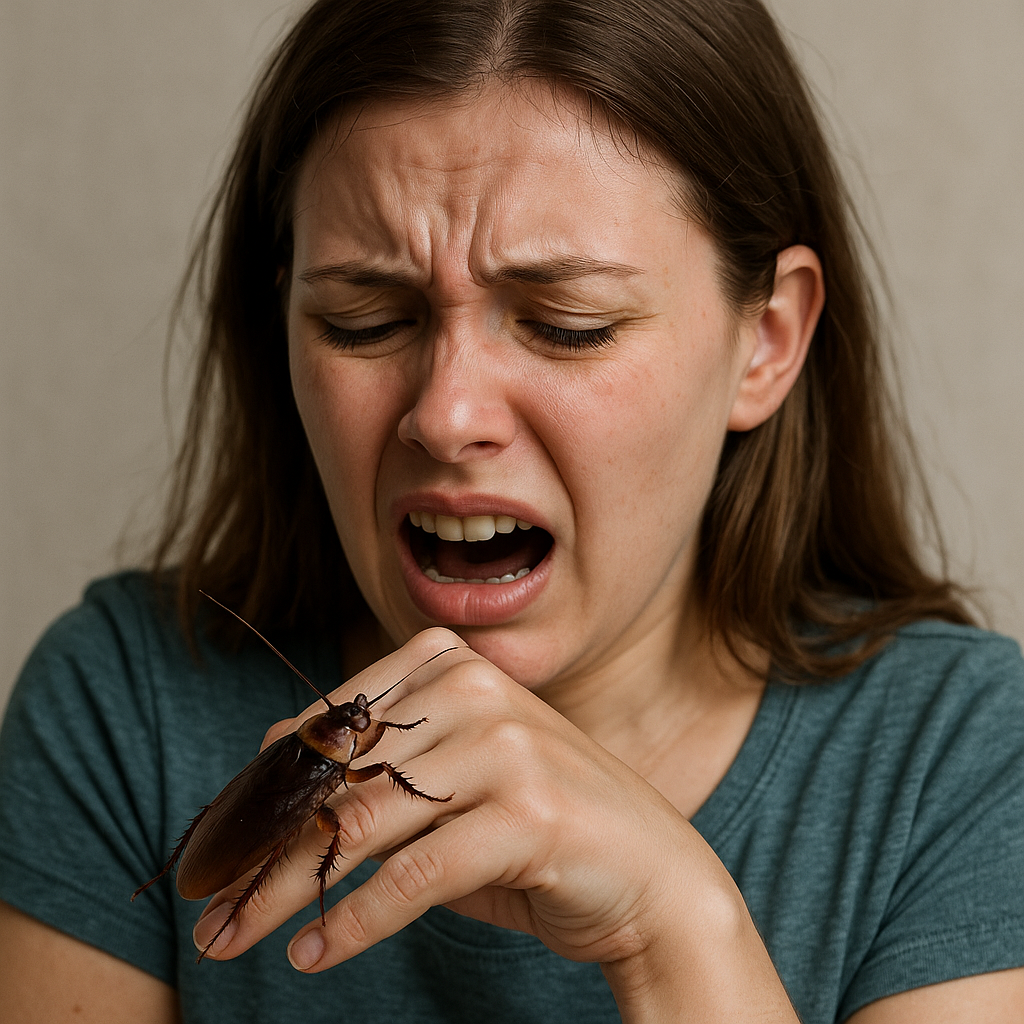
Youtube Video
Invalid YouTube URL provided.













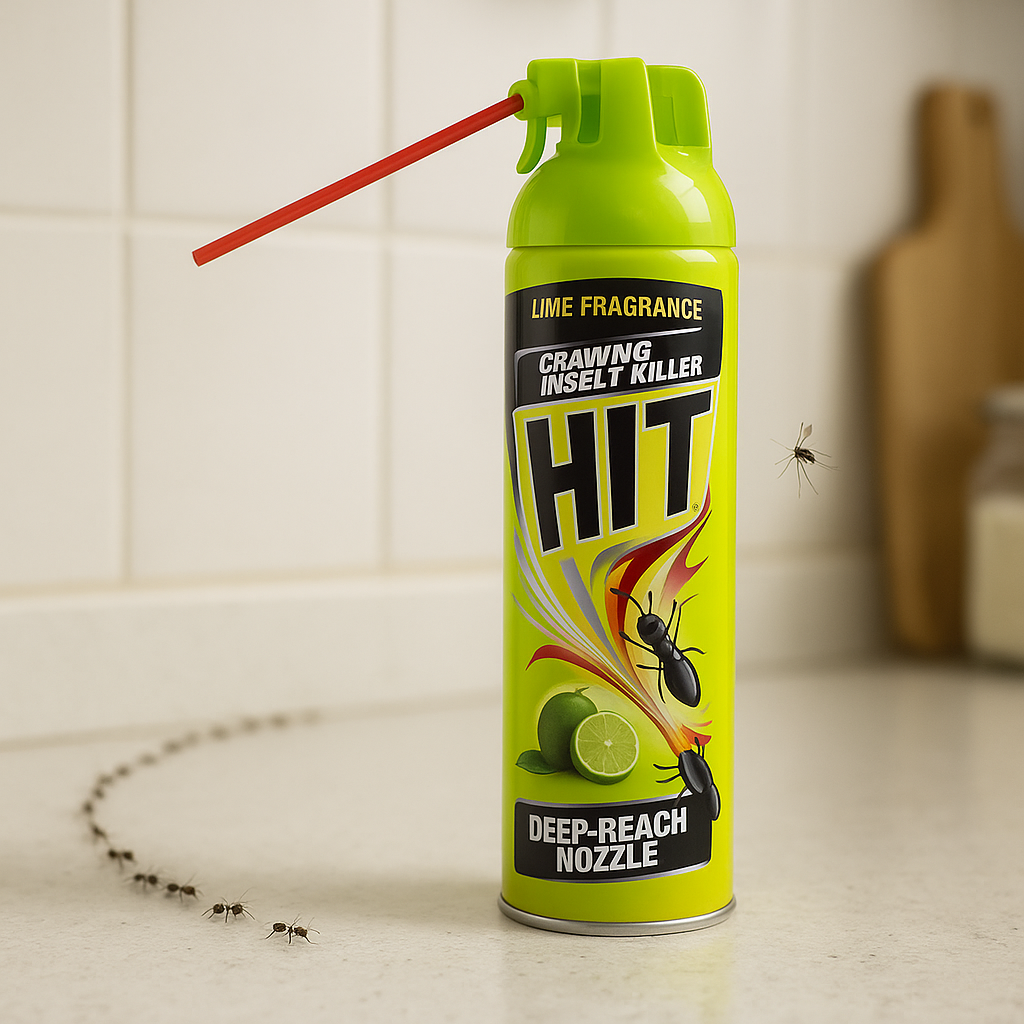
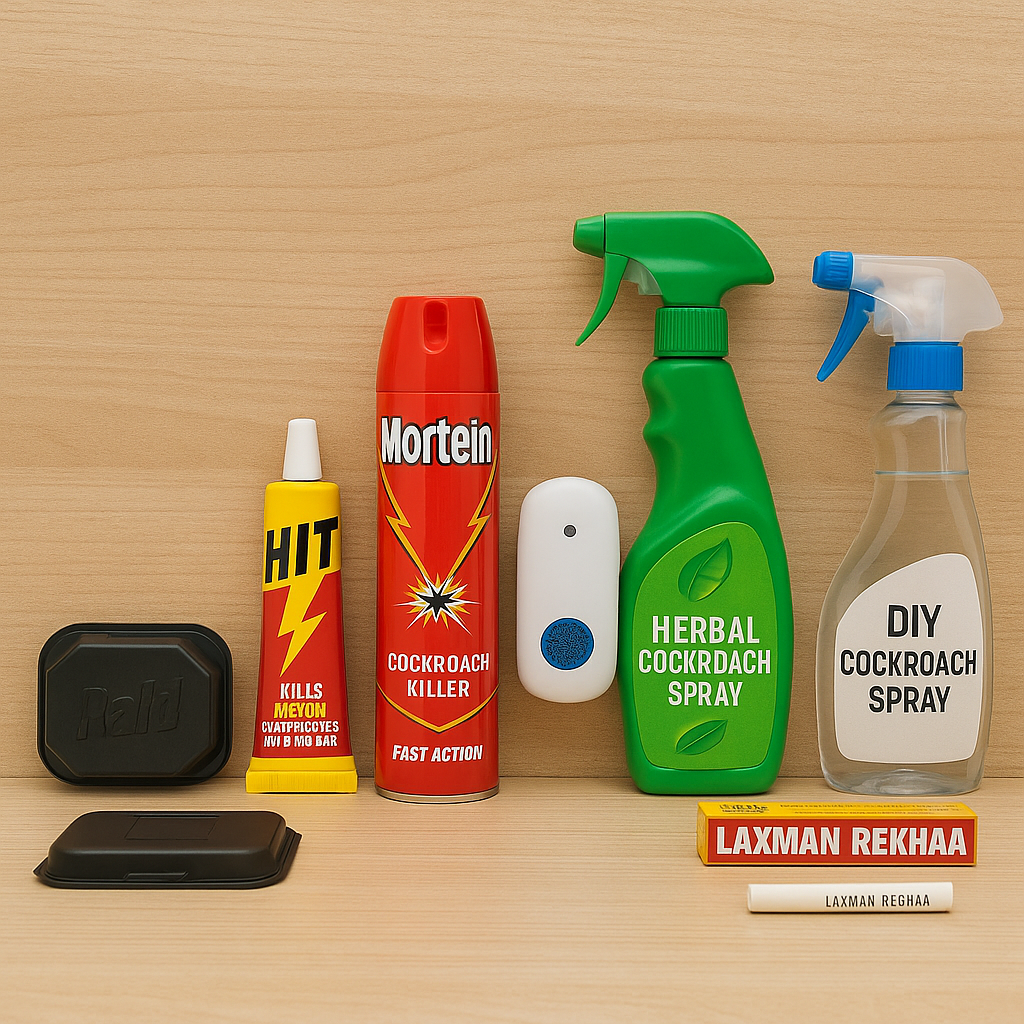
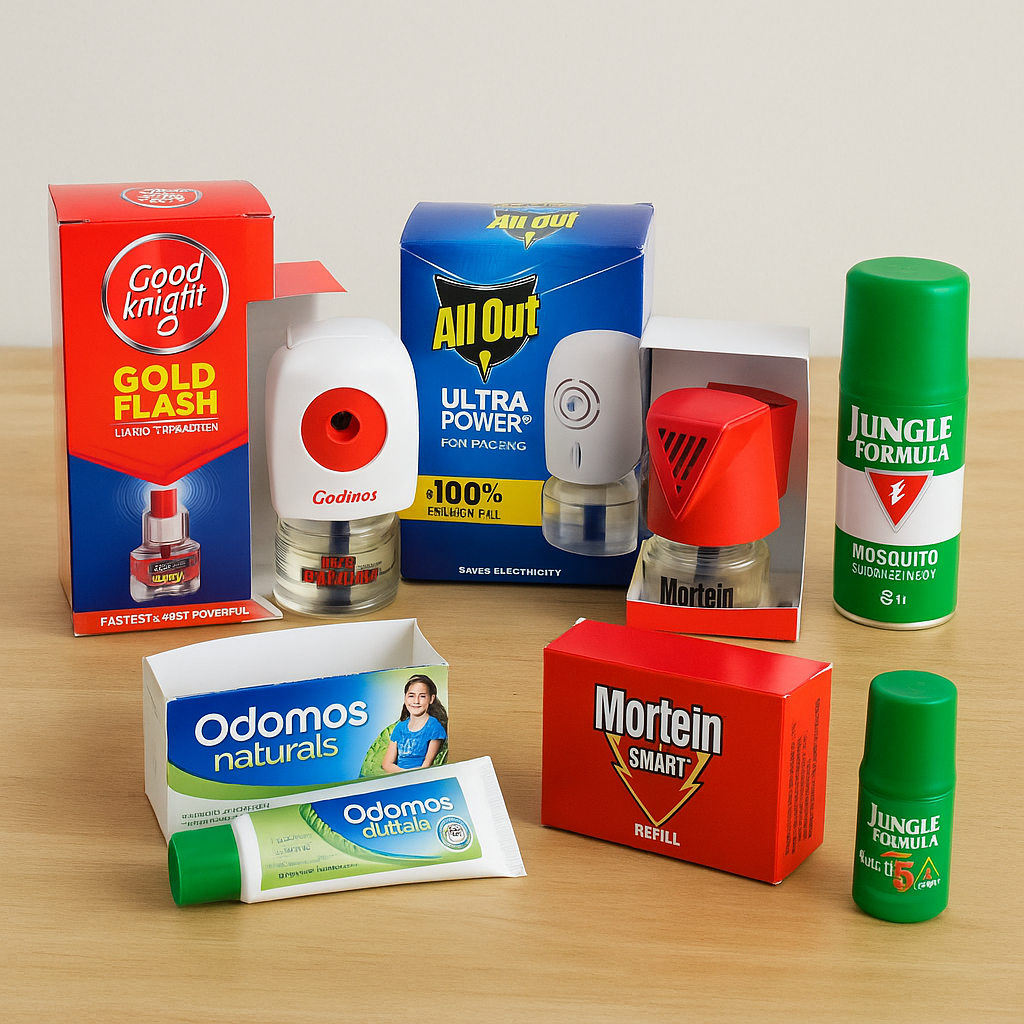
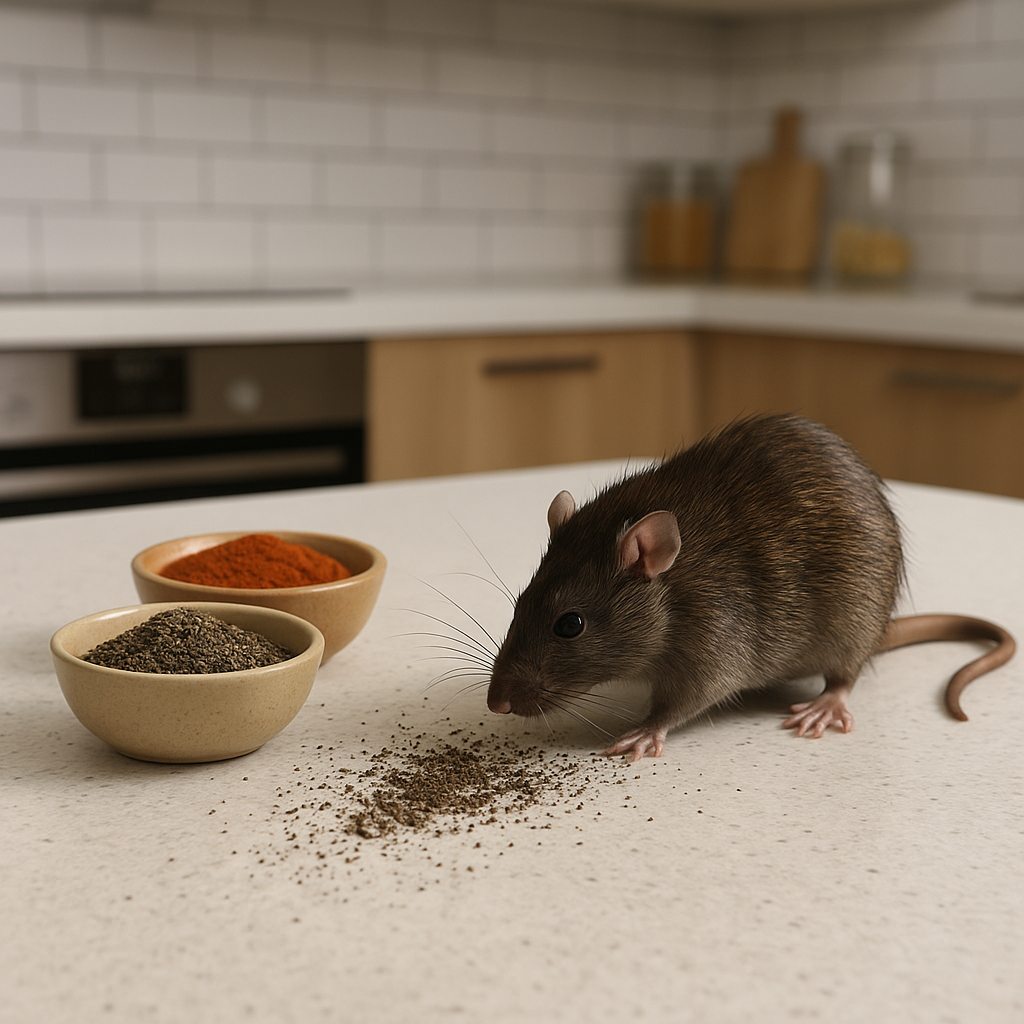
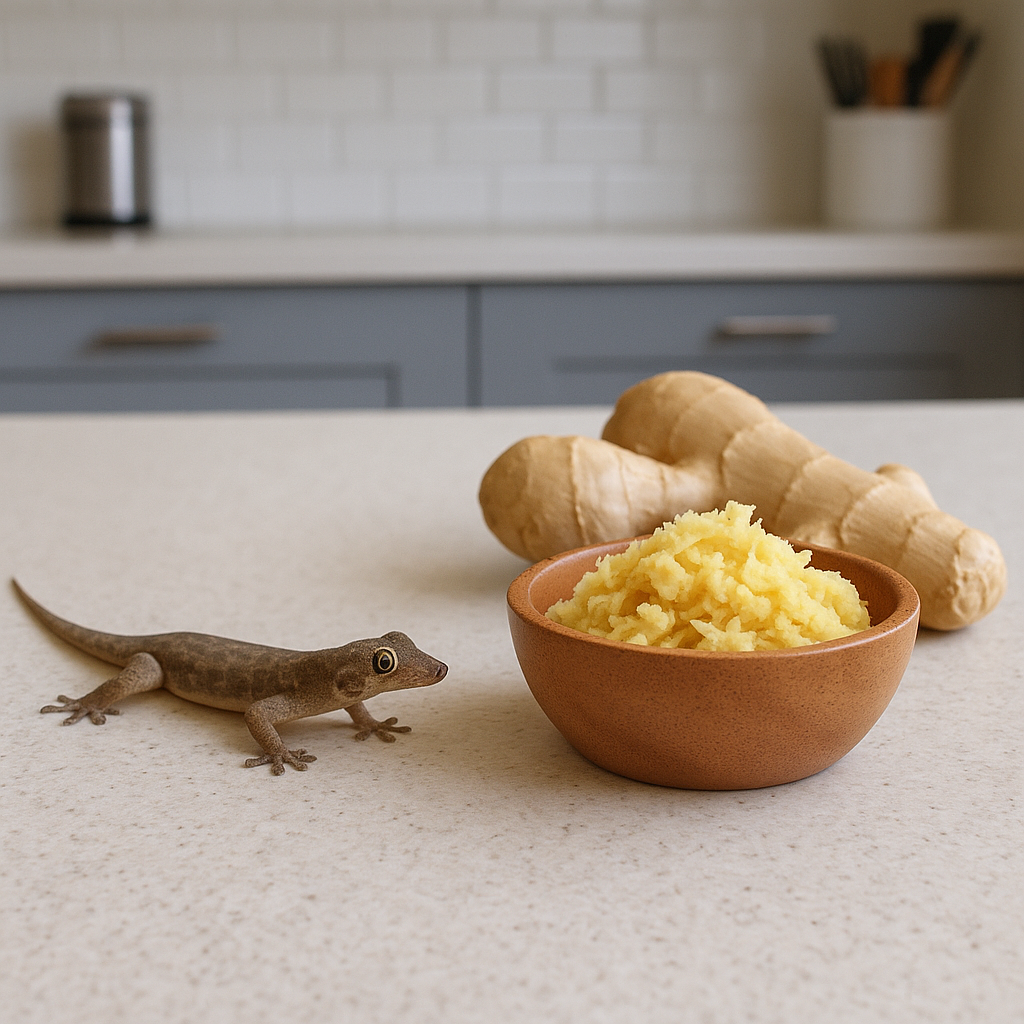
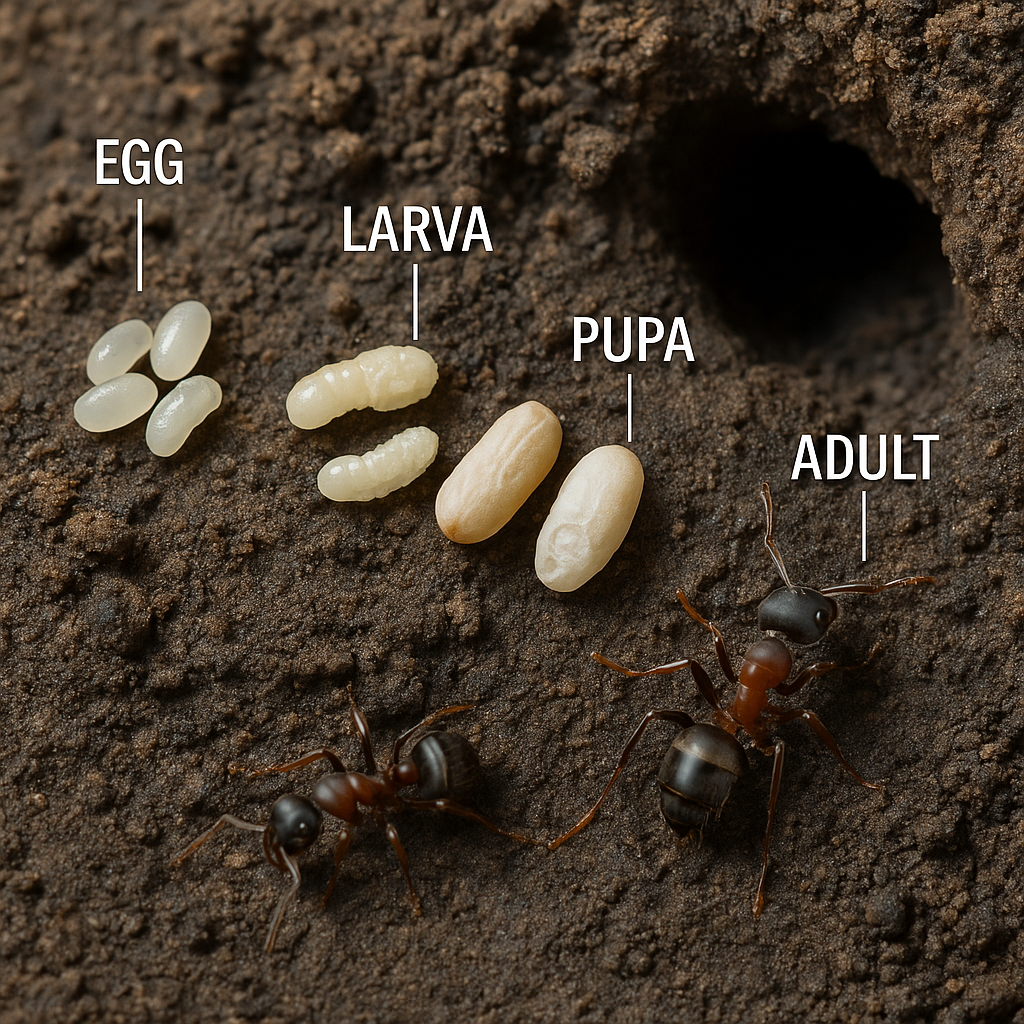
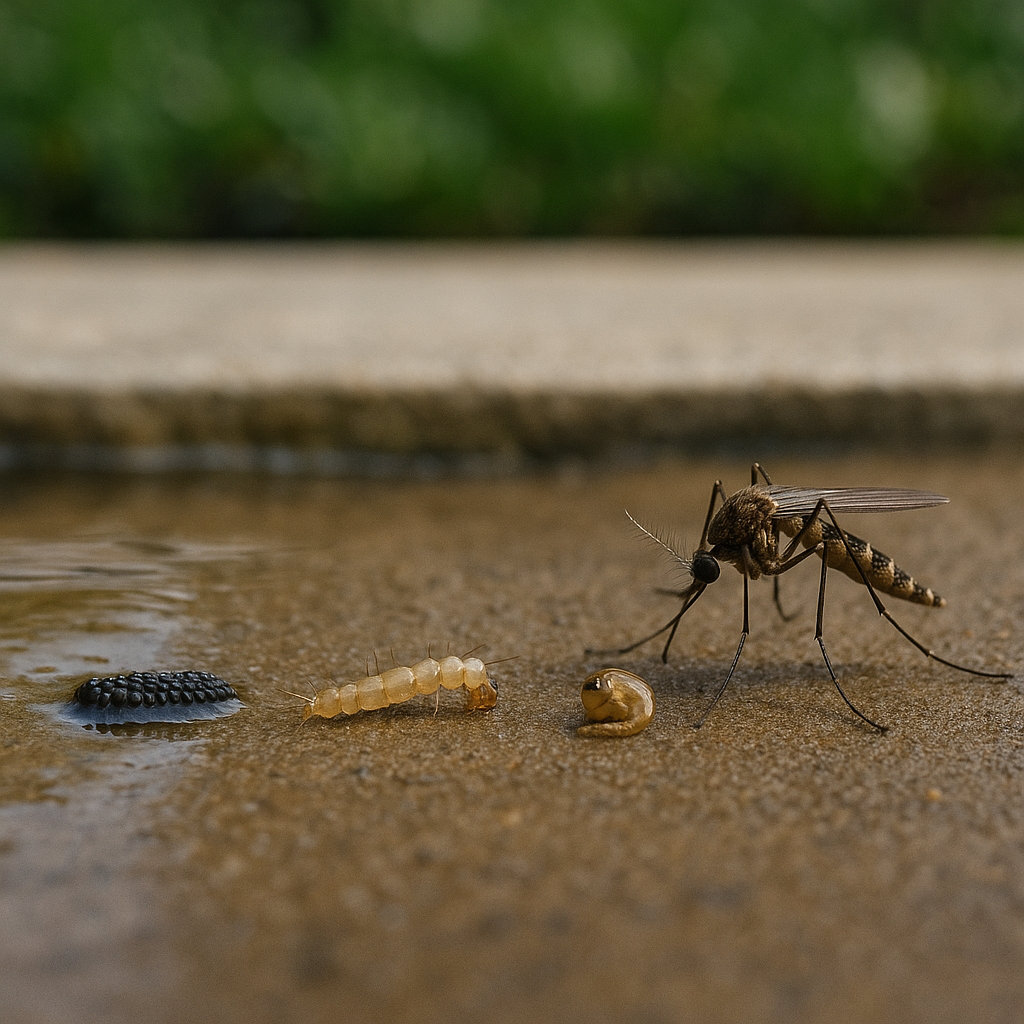

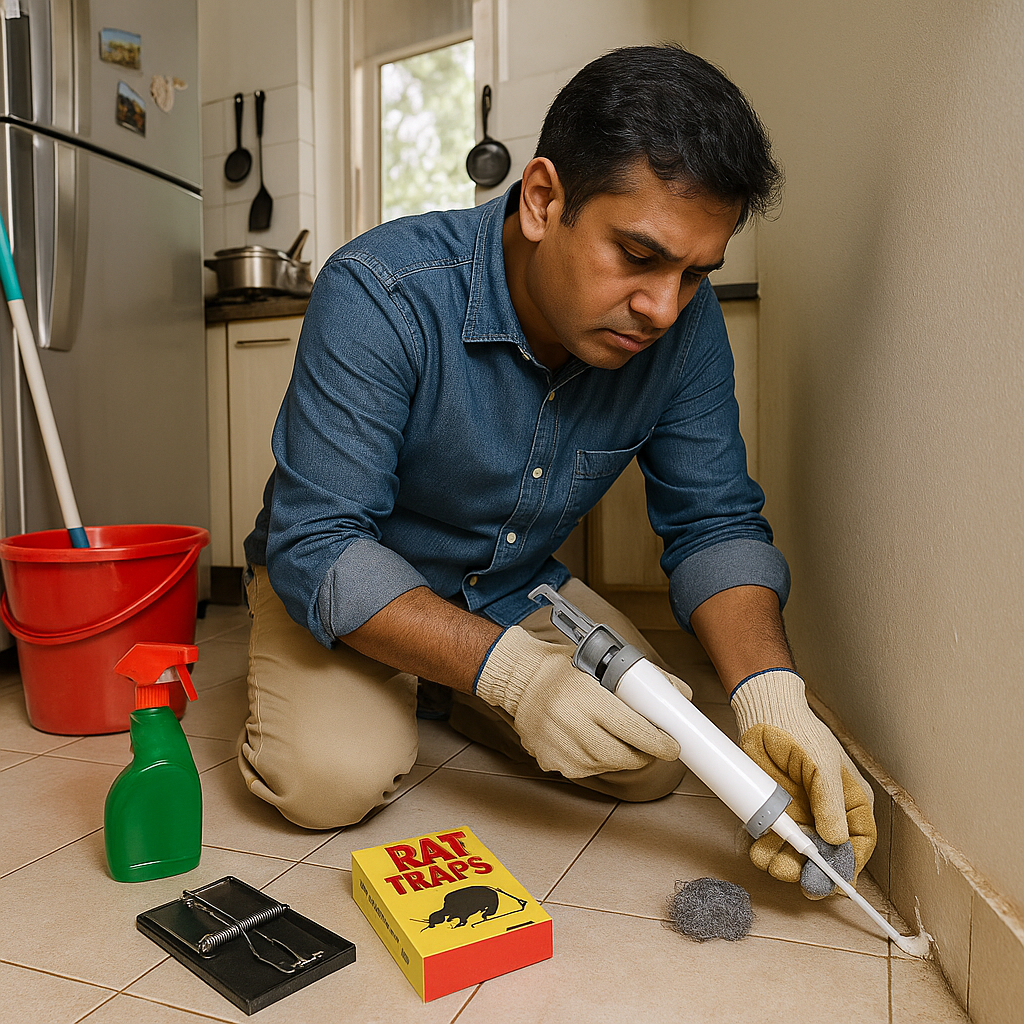
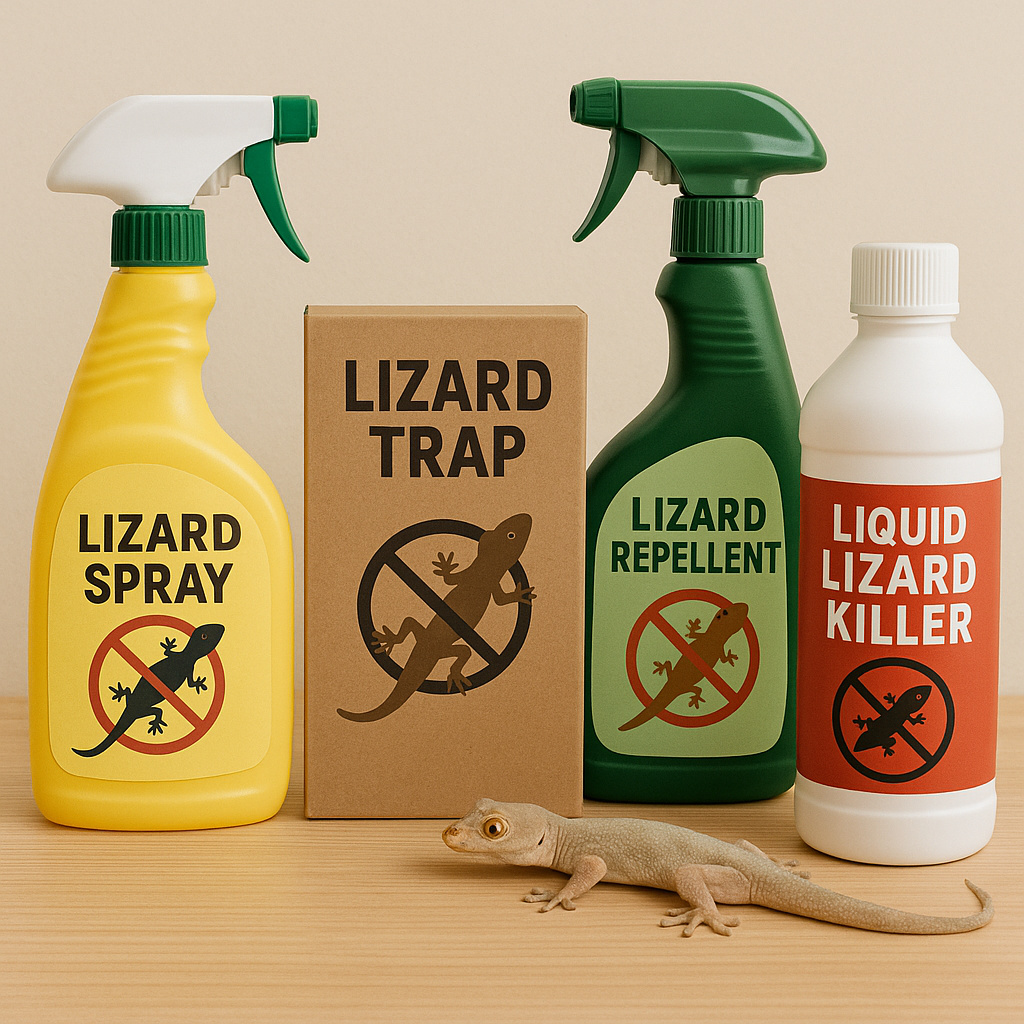
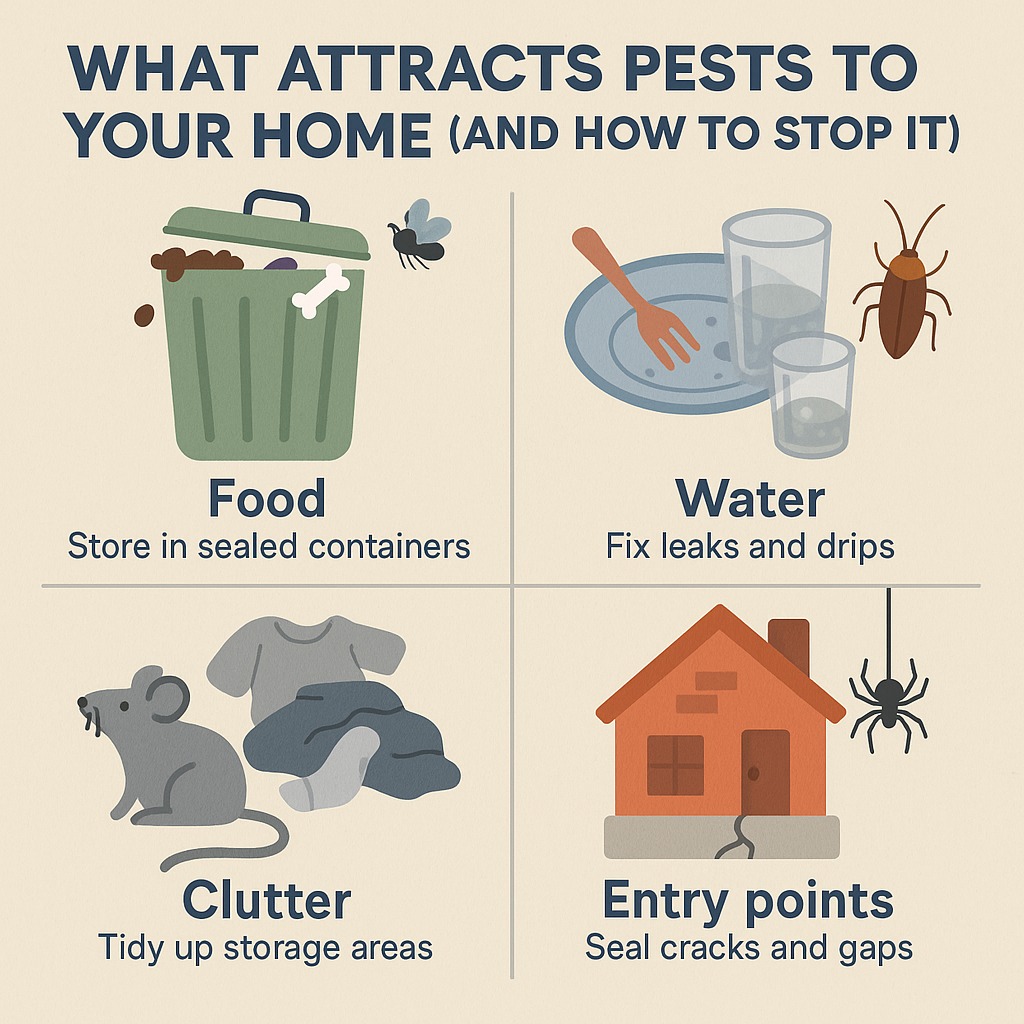


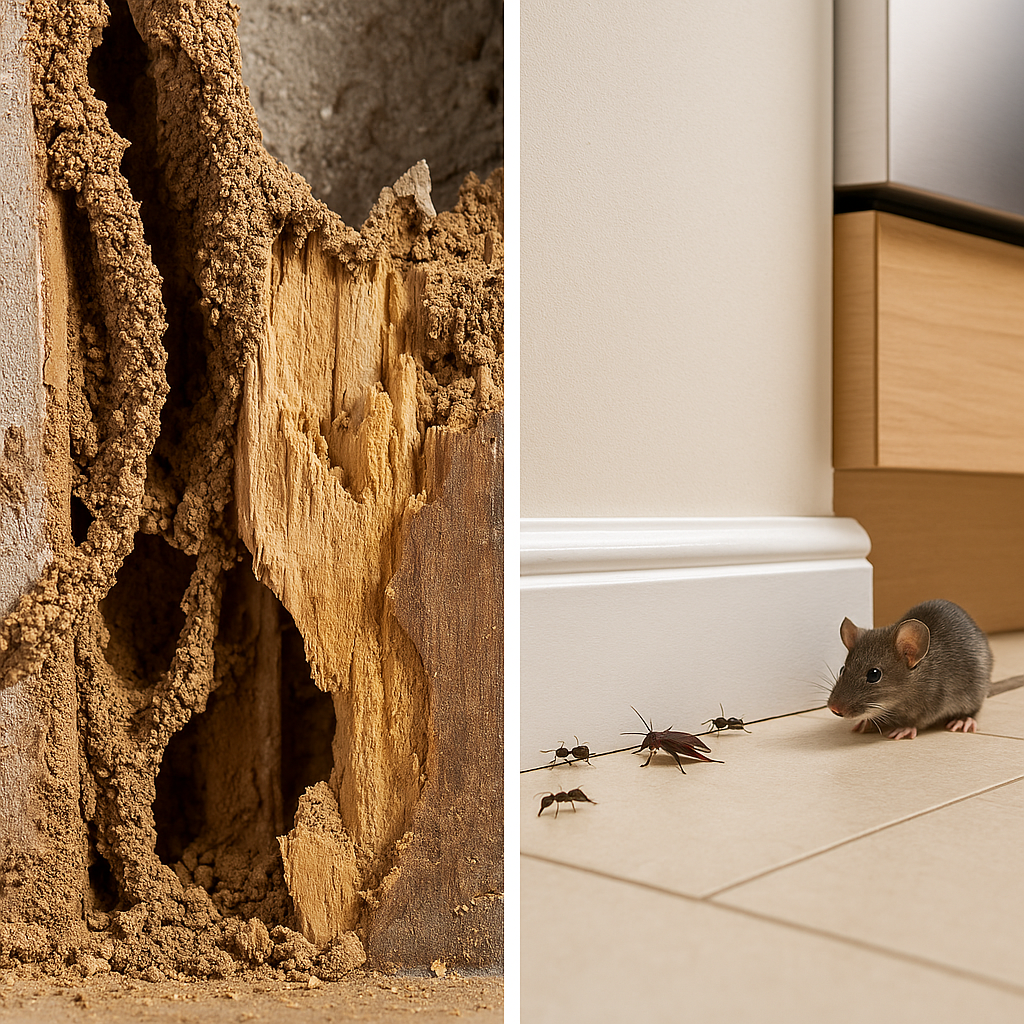
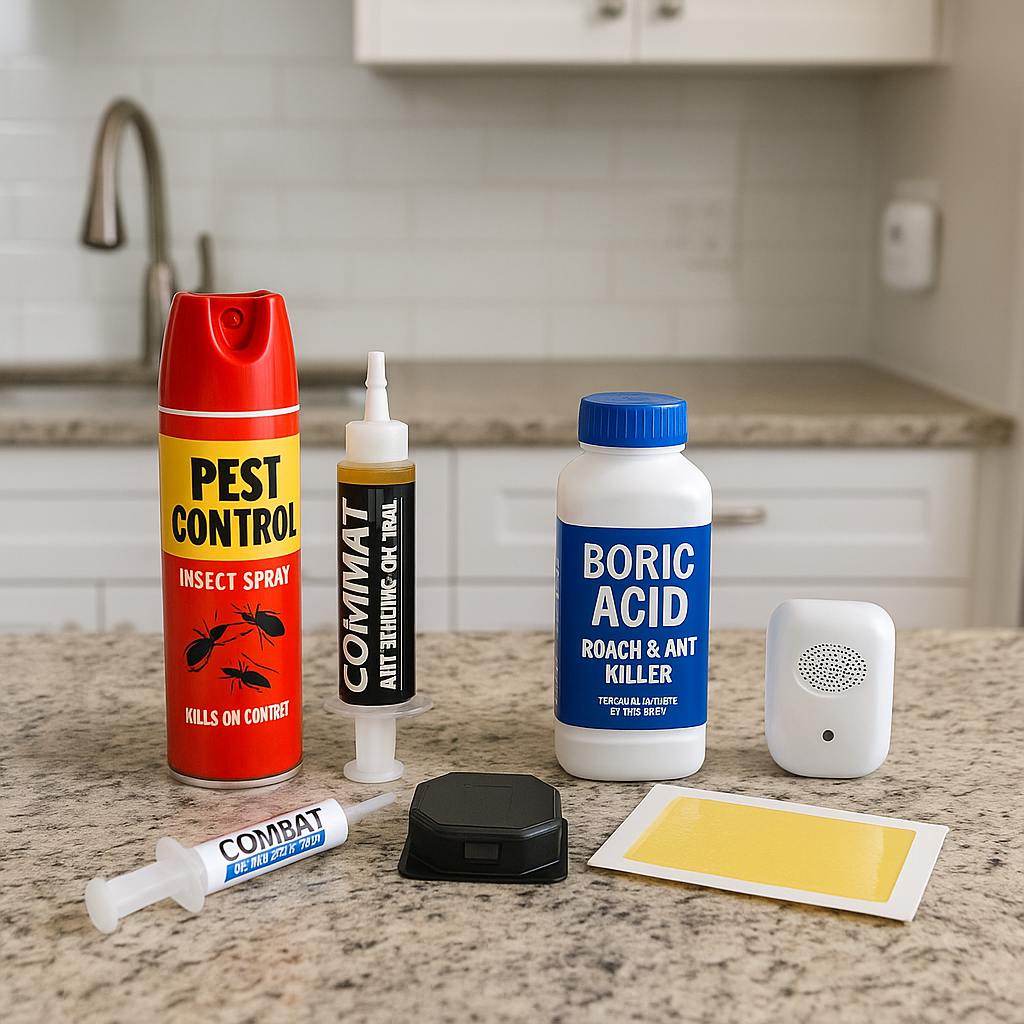
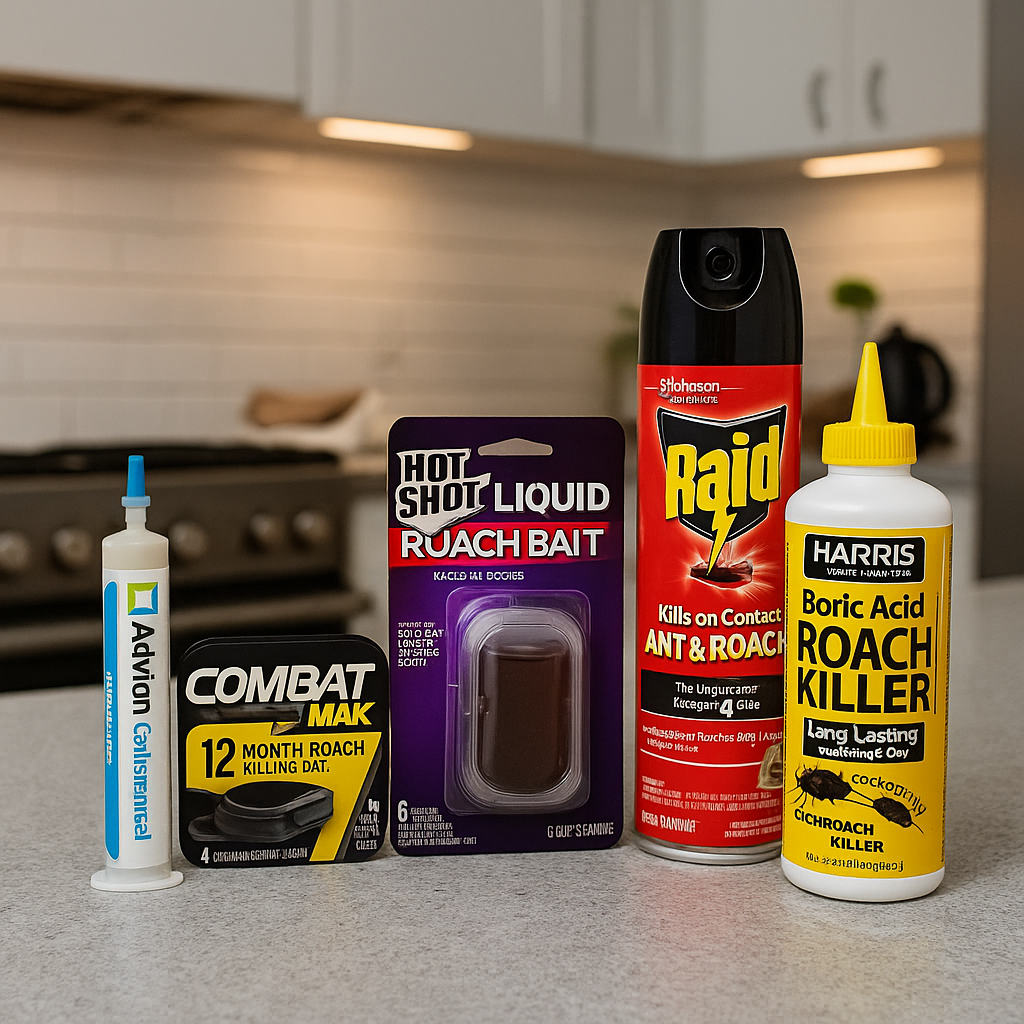
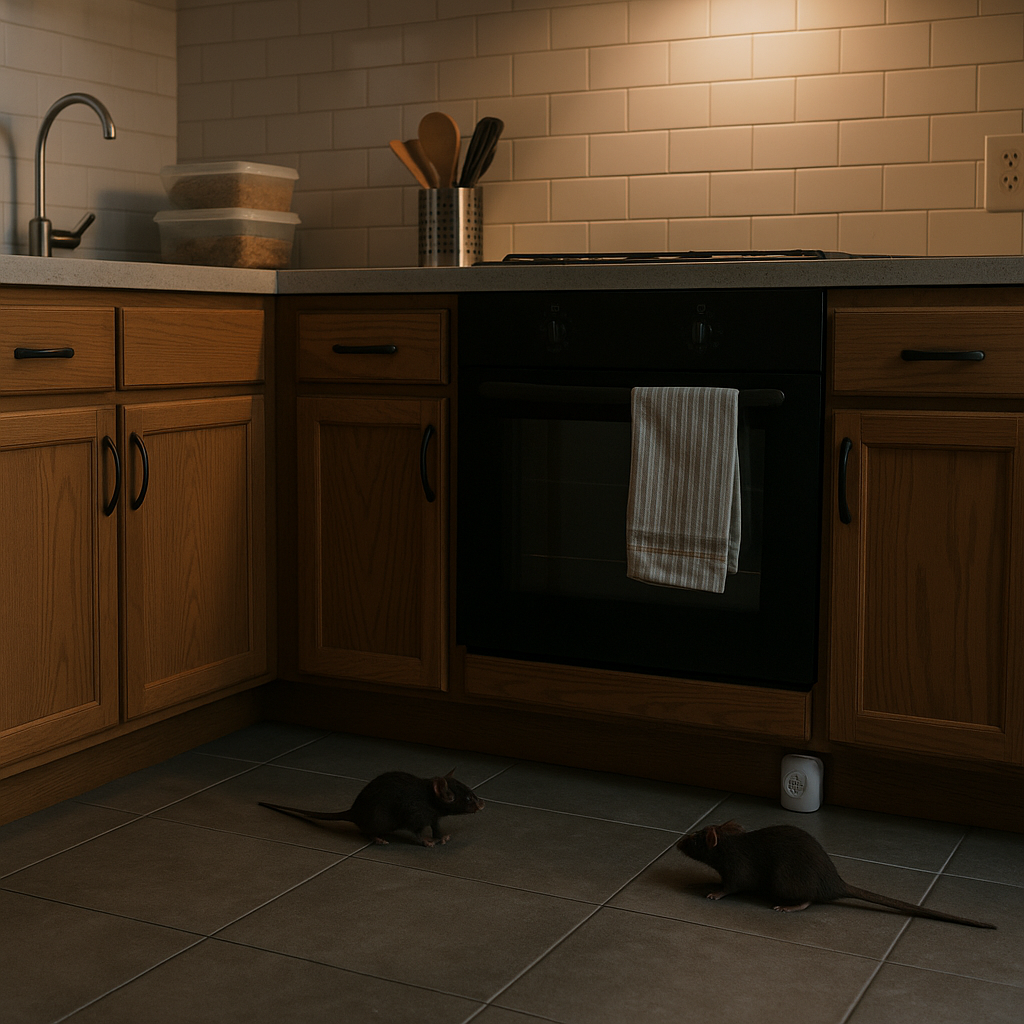

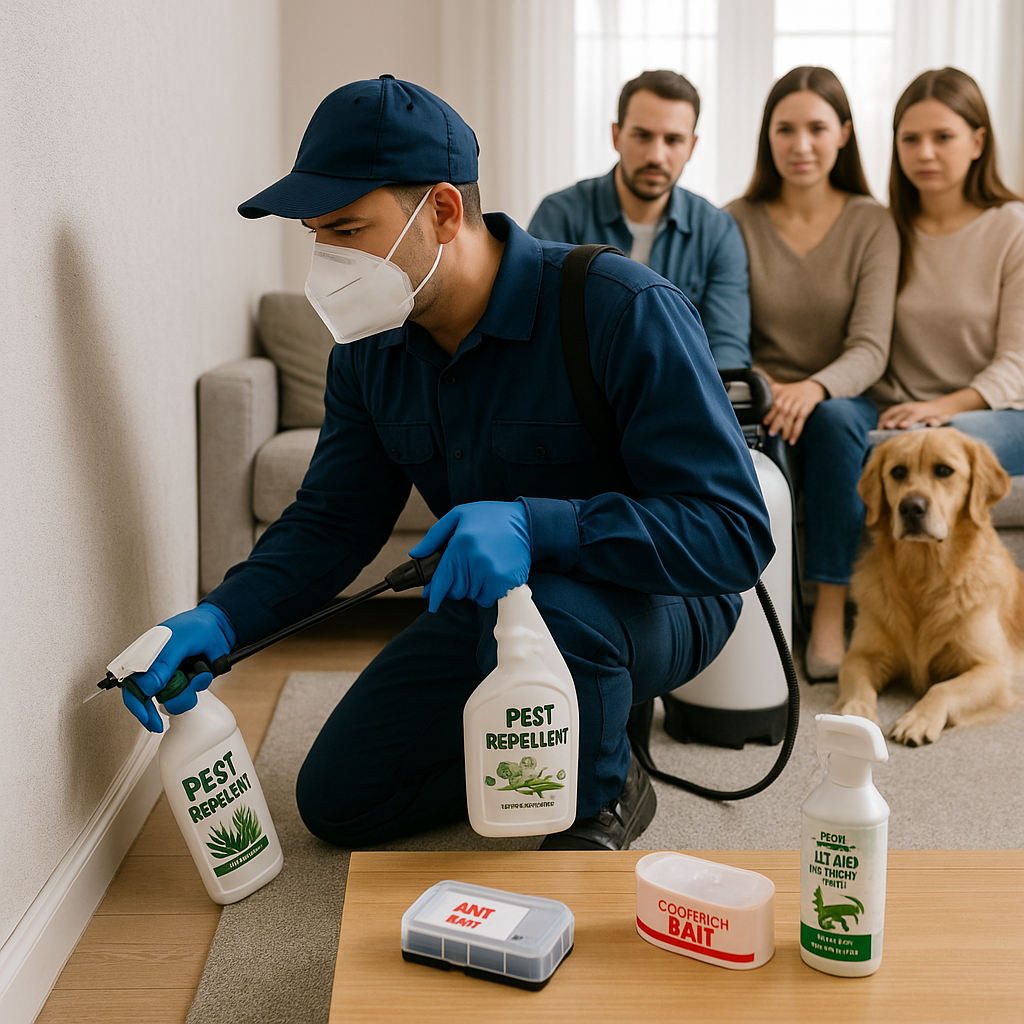

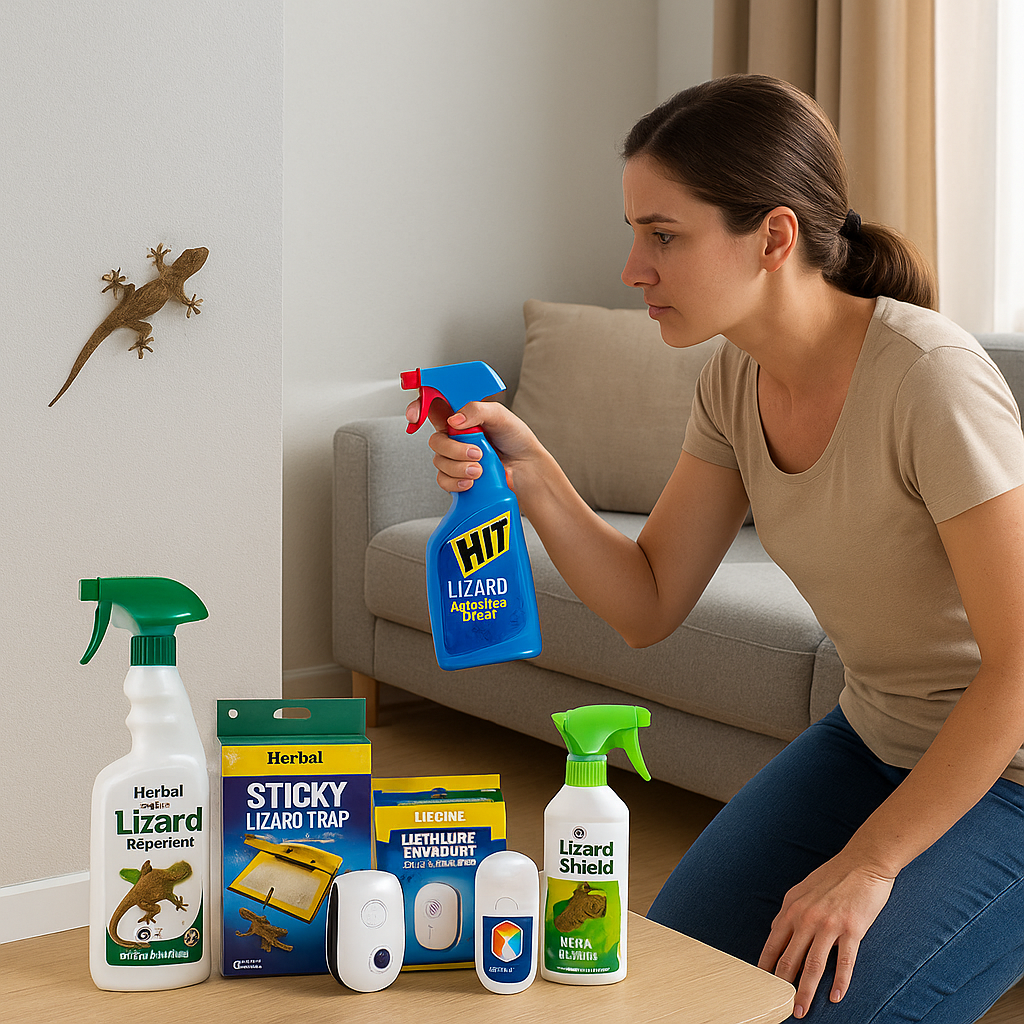



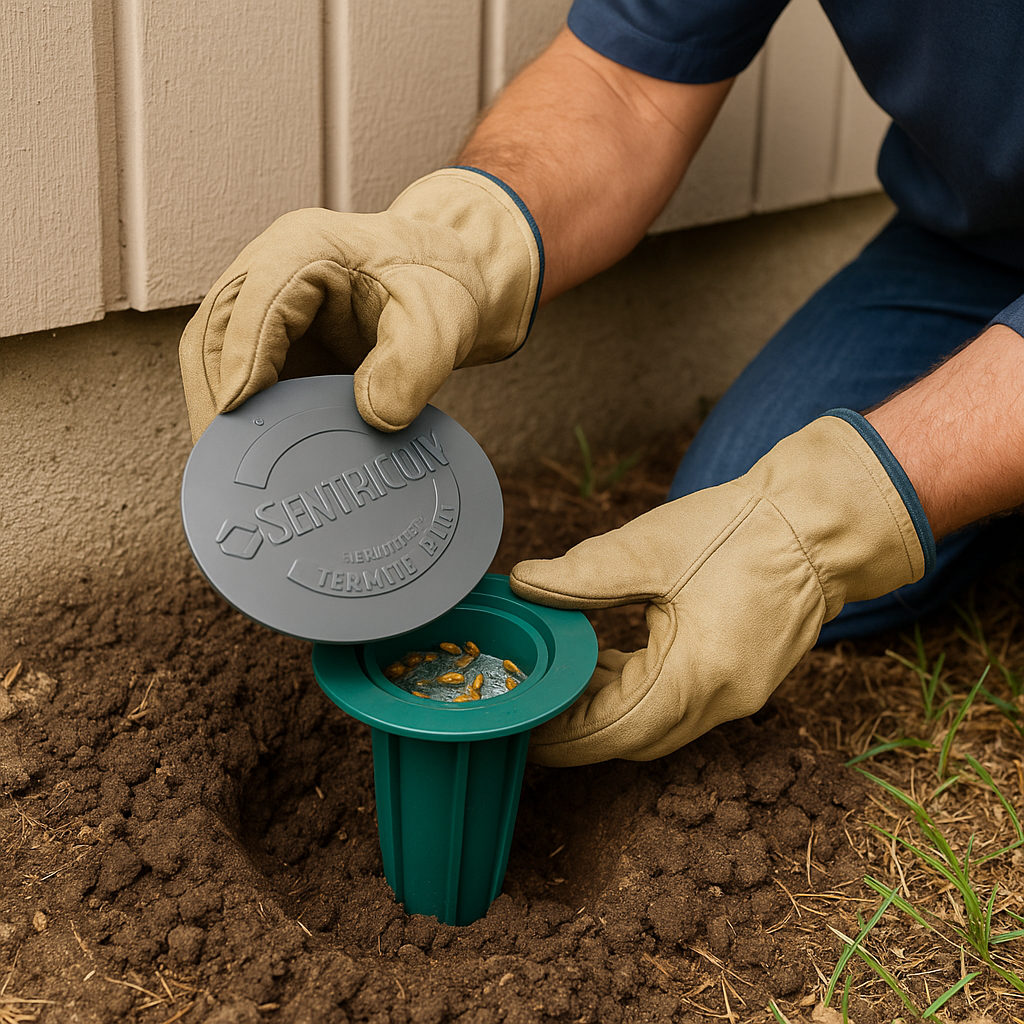
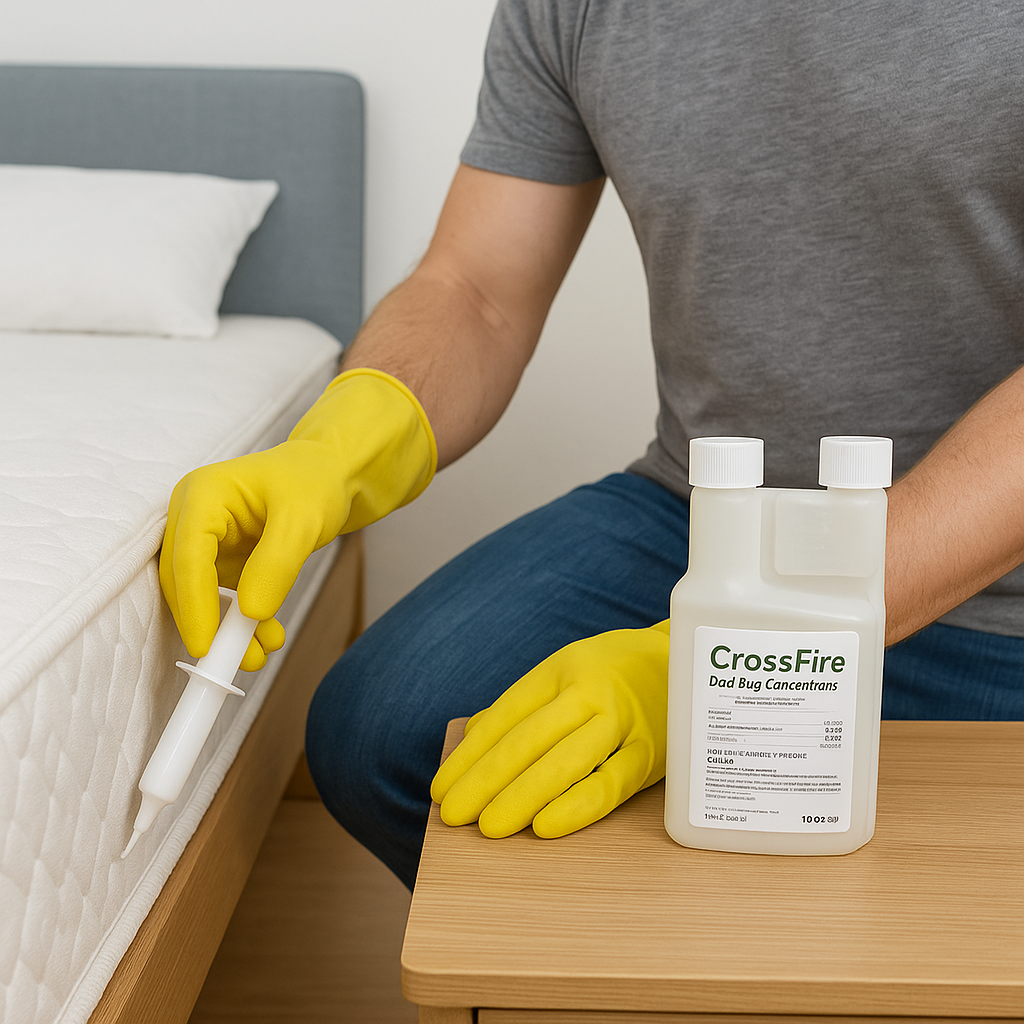


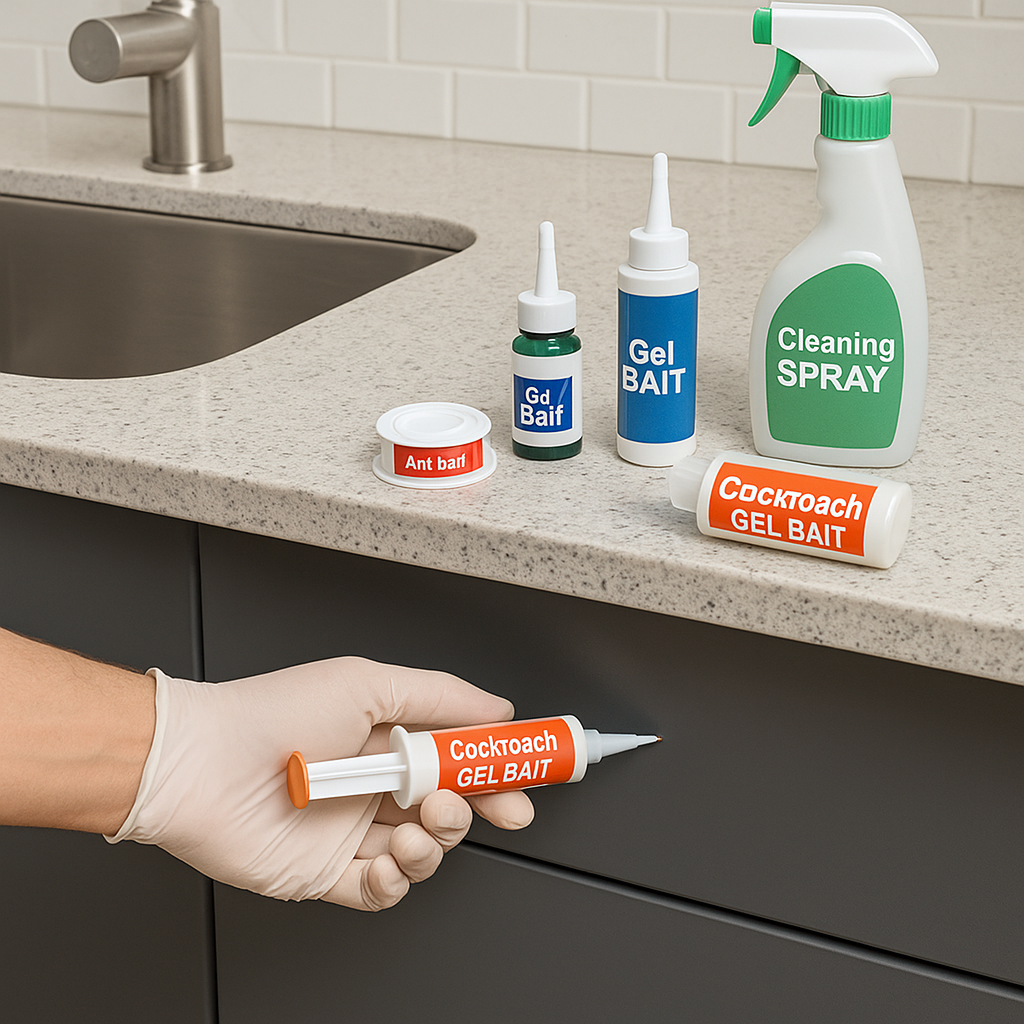

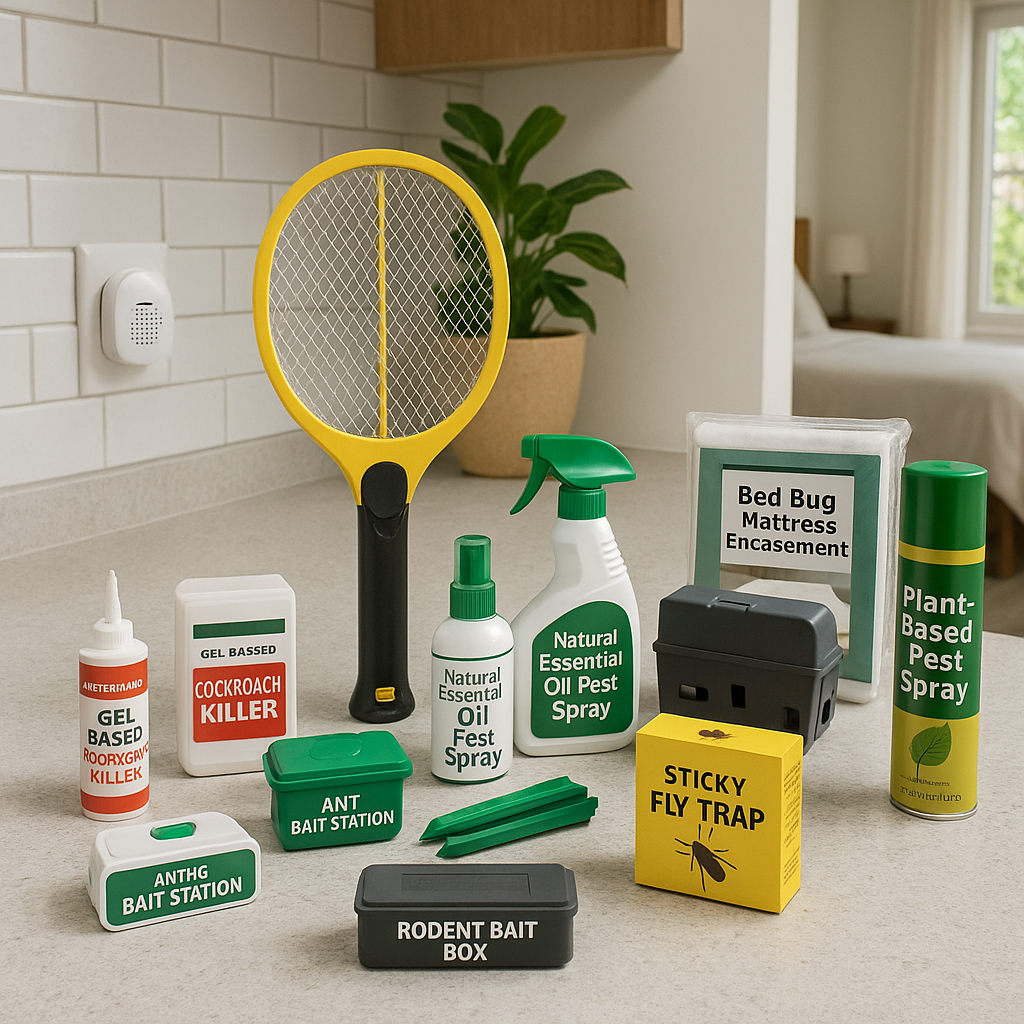
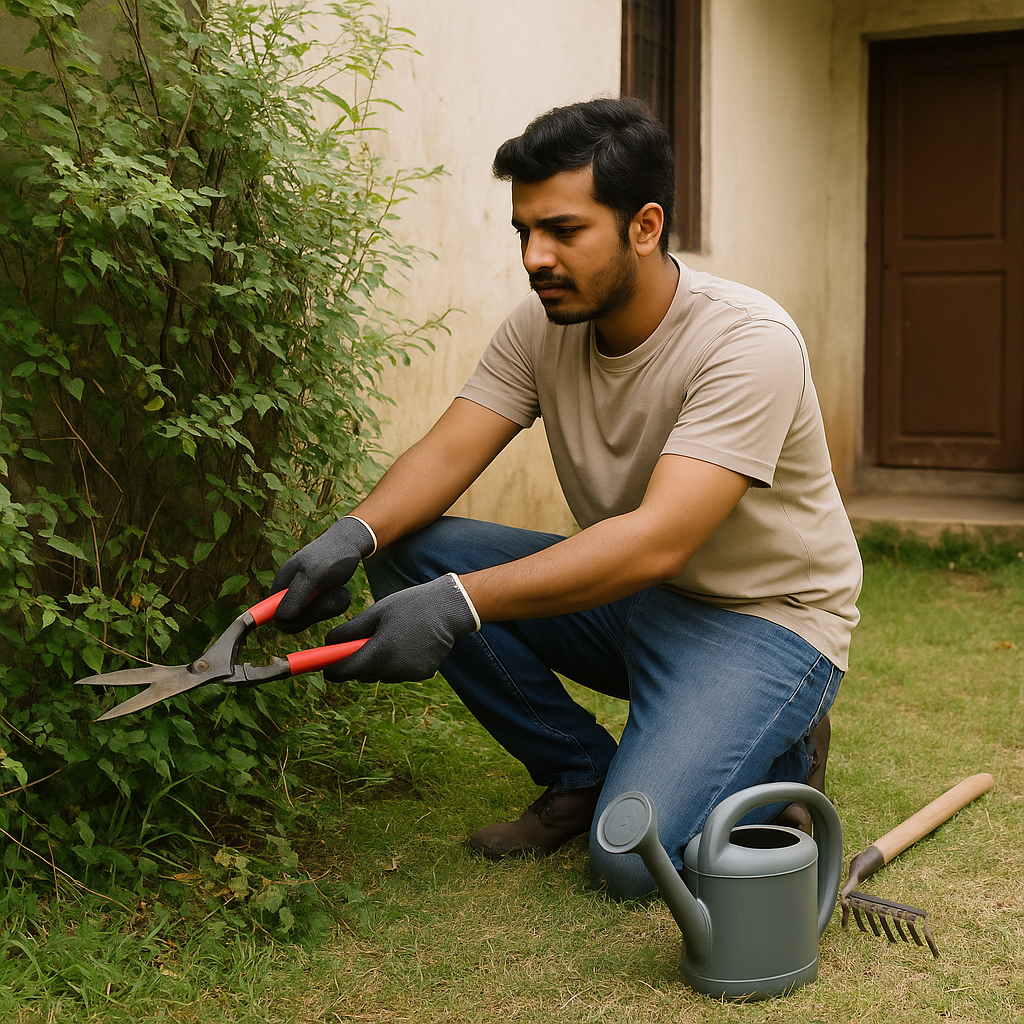
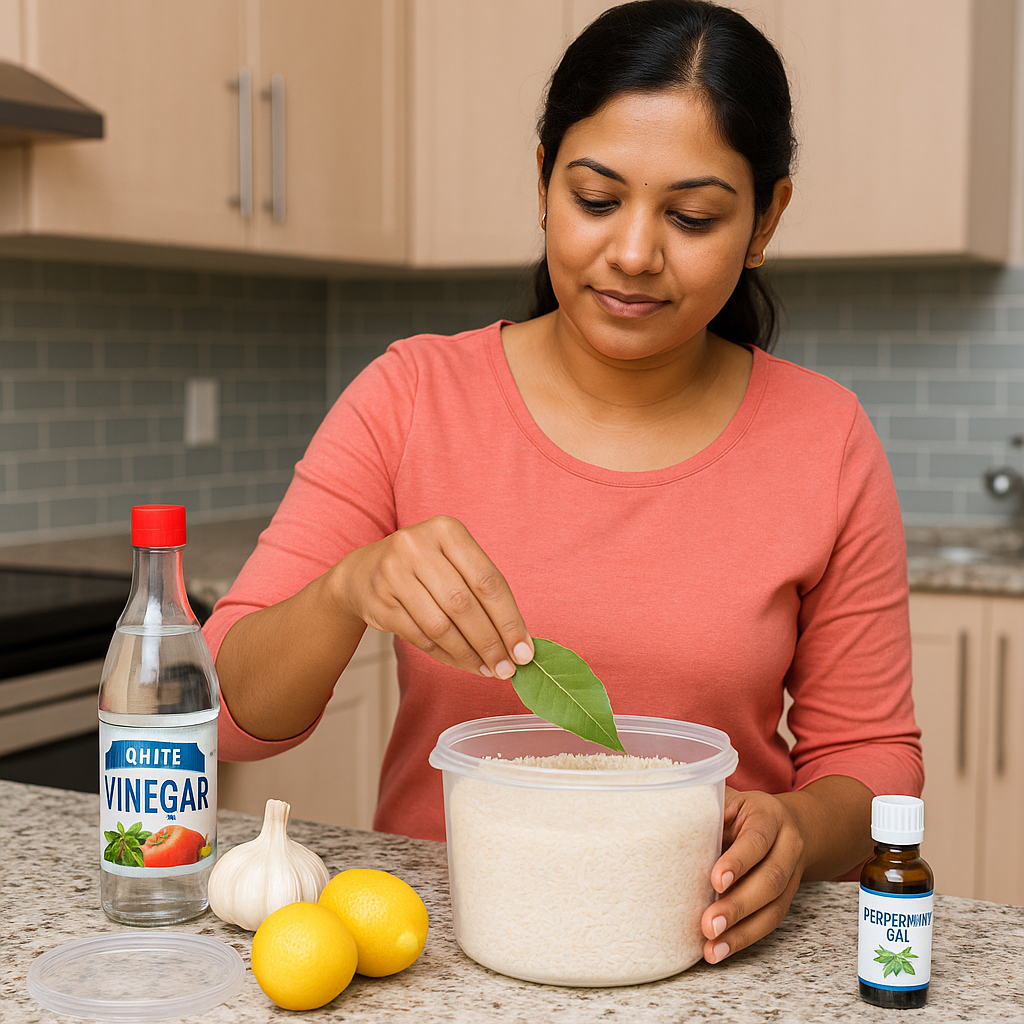




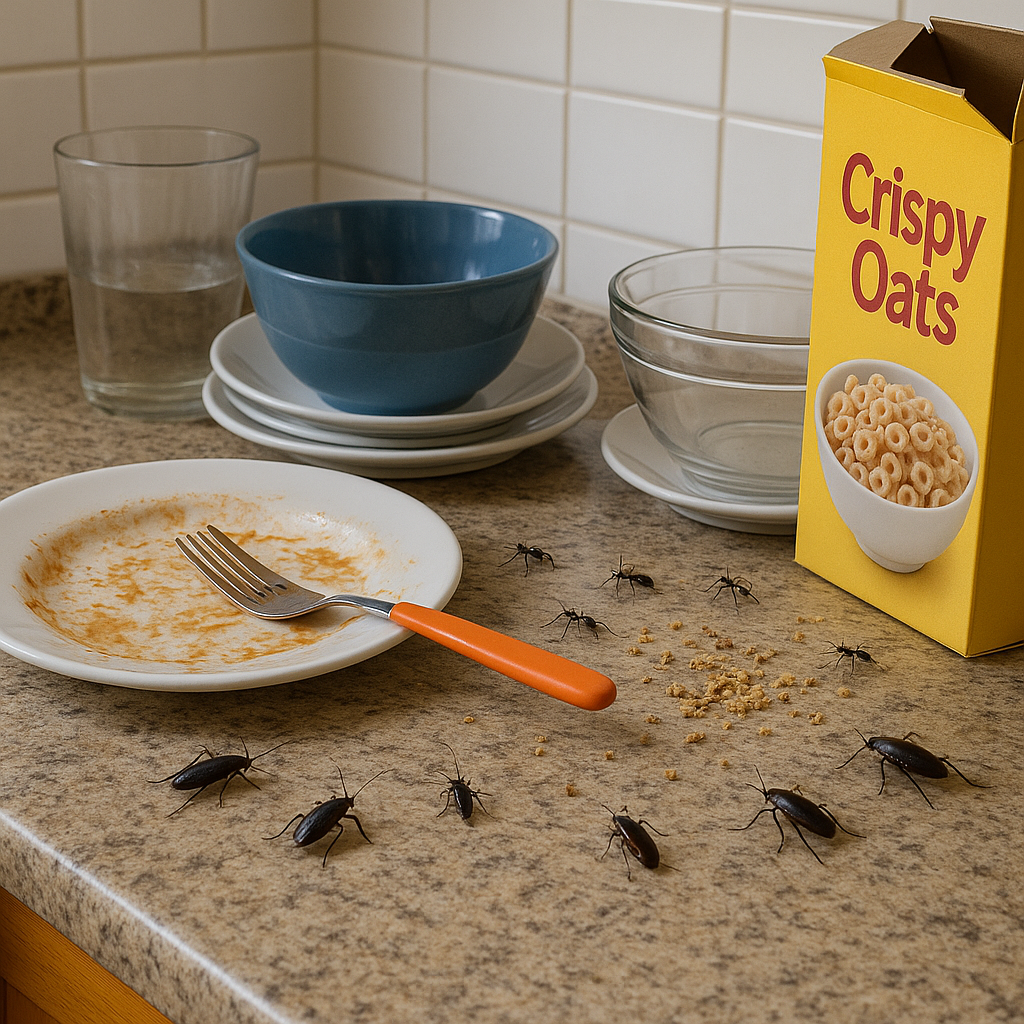






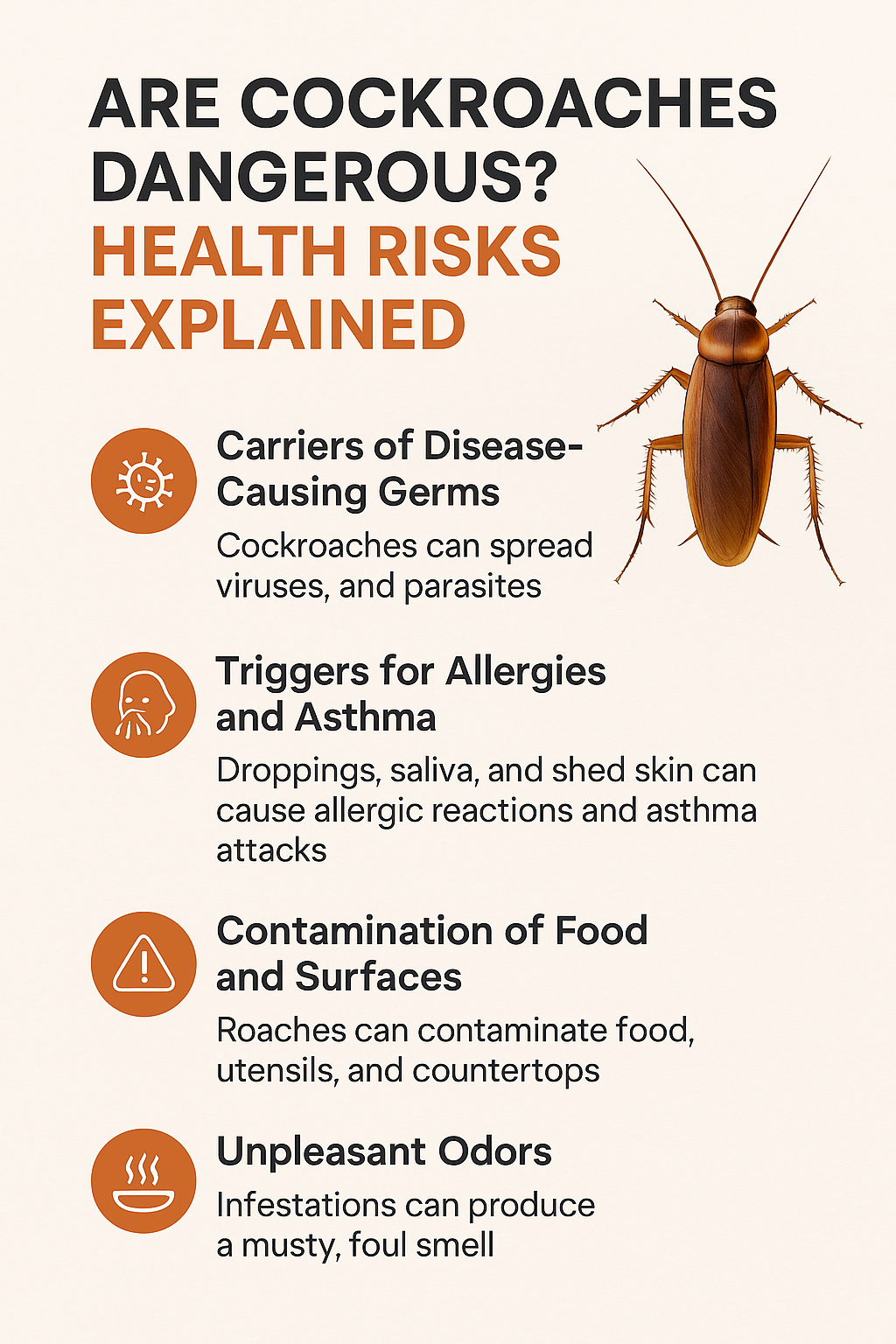
















































(0) Comments